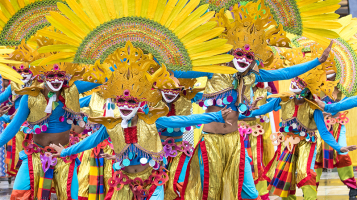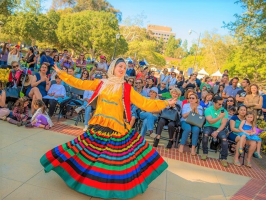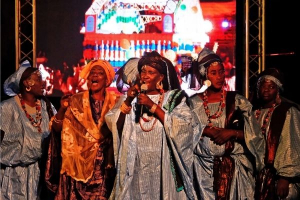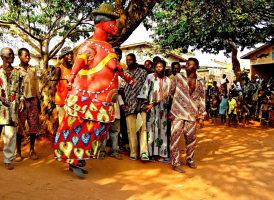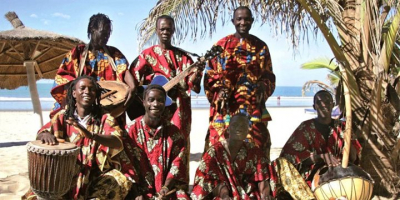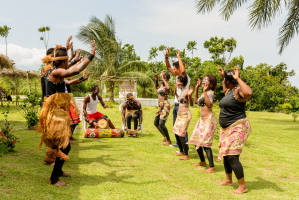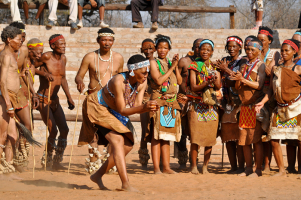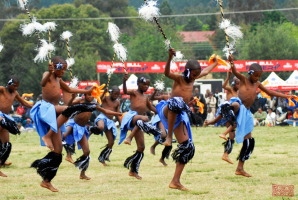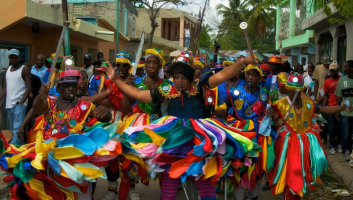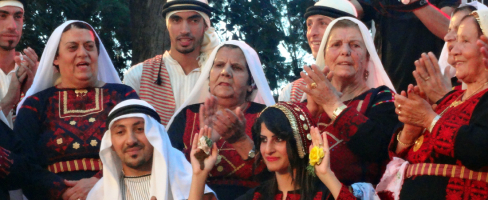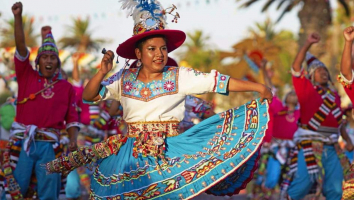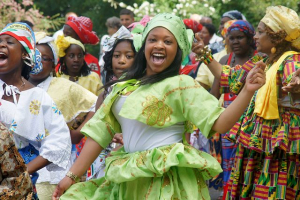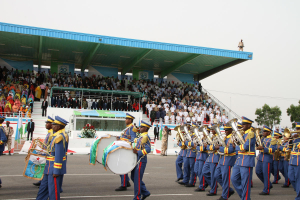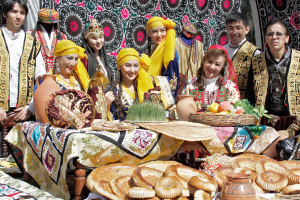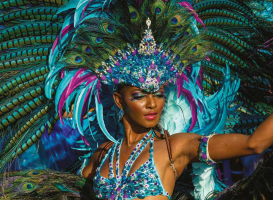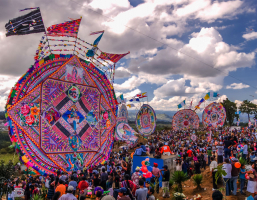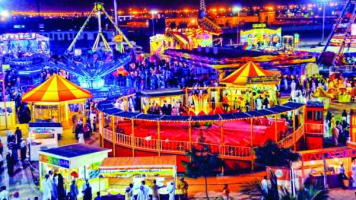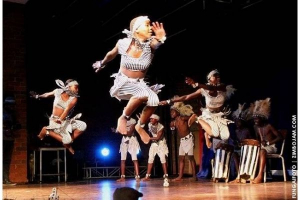Top 10 Most Famous Festivals in Tonga
Tonga holds many festivals throughout the year to commemorate its lengthy history and heritage, as well as its status as an island nation. Some are regional, ... read more...such as the Vava'u festival and regatta, while others, such as the yearly Heilala festival, are nationwide. The dry season is when most Tonga holidays and festivals take place, and each one offers a distinct experience. Let's follow Toplist to discover the most famous festivals in Tonga.
-
The largest celebration in Tonga is a multi-week event that takes place every year on July 3 or 4. The Heilala Festival is an annual celebration of the King's birthday that includes a variety of shows and activities. The celebration begins with the King's Birthday and continues throughout the week with talent shows, brass band performances, singing competitions, and other activities. The Miss Heilala beauty pageant is one of the highlights, with participants from all over the world coming together to promote Tonga's tradition and distinct culture via talent, beauty, and wisdom.
The Festival is called after the Heilala, Tonga's national flower, which is the highest in the Tongan flower hierarchy. Heilala plants are difficult to propagate and must be carefully managed in order to thrive.
The Tonga Visitors Bureau (Ministry of Tourism) initially held the Heilala Festival in 1980 to commemorate His Late Majesty's King Taufa'ahau Tupou IV's birthday. It has since become one of the important and most famous festivals in Tonga.
When: July 3/4 for one to three weeks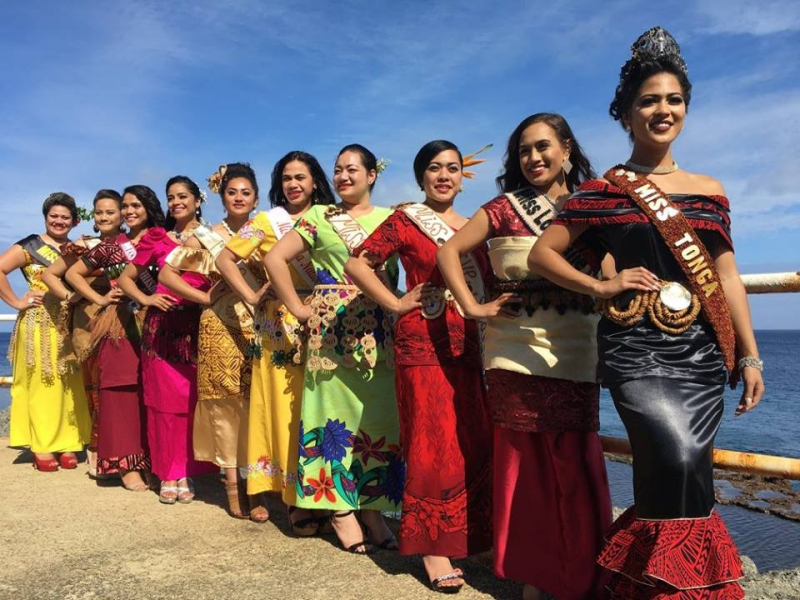
Photo: bau.vn 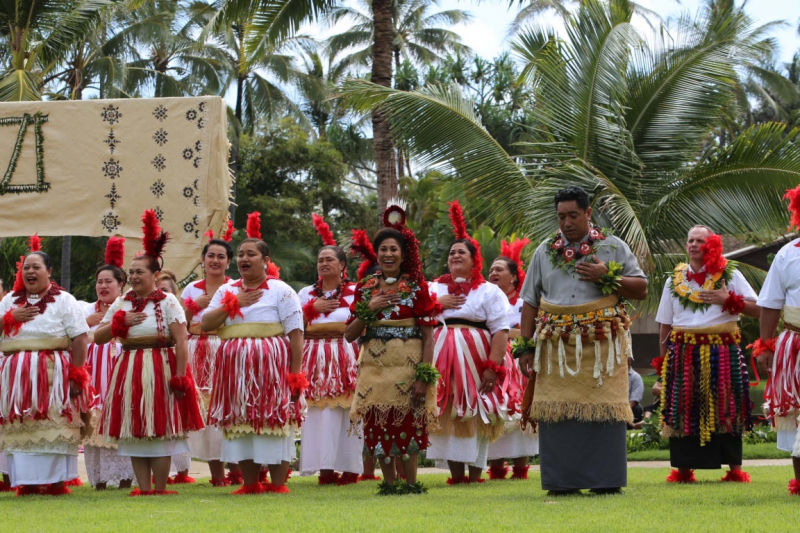
Photo: itap-world -
On July 4th, 1918, King Tupou IV was born, and his birthday had become a national holiday. King Tupou VI declared this date to be his official birthday, hence the holiday's date hasn't altered.
Every year on July 1st, the festivities begin. At the palace, a gratitude prayer is held, followed by a Royal Luncheon held outside on the royal grounds. Lakalka, ma'ulu'ulu, and group dances are frequently done as part of the traditional entertainment. At the start and end of the royal function, there is a military parade and a flag ceremony, which is frequently recorded and broadcast on national radio and television. There are brass band concerts from the Royal Corps of Musicians, as well as other well-known performers, in addition to parades and traditional entertainment. On July 4th, offices, schools, and businesses are closed to commemorate His Majesty's birthday.
When: July 4 (if it falls on a Sunday, the public holiday is moved to the next Monday)
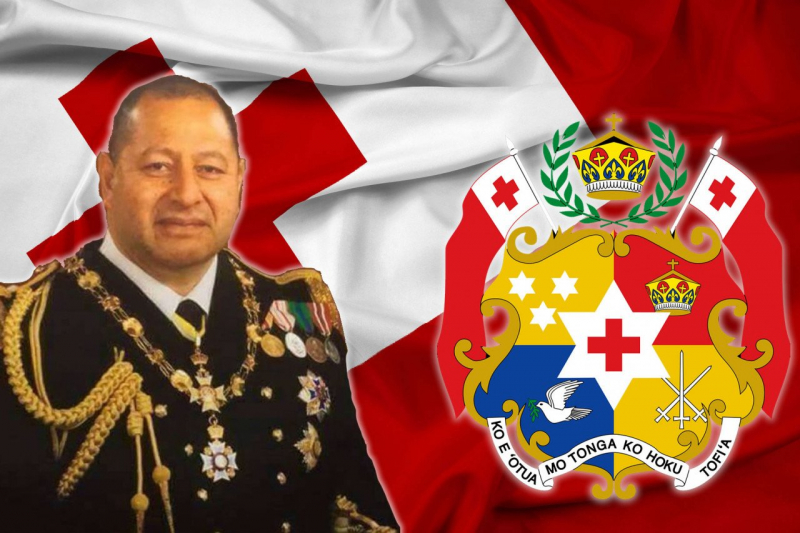
Photo: officeholidays 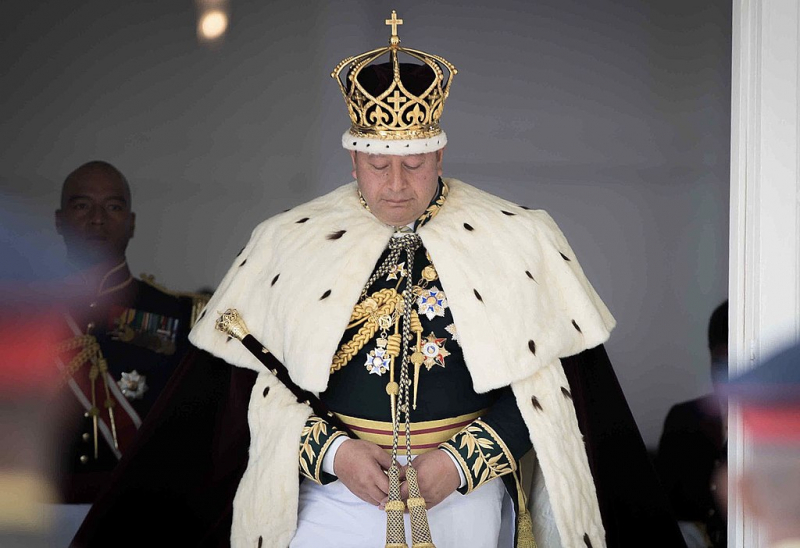
Photo: wikipedia -
Tonga Day is celebrated on November 4th and is also known as "Tonga's National Day" or "Tonga's Constitutional Day." On November 4, 1875, King Tupou I established the day. It is an occasion commemorated not only in Tonga's major cities, but also in places where Tongans have immigrated, such as New Zealand, Australia, and the United States. In Nuku'alofa, you might be able to see shows involving dance and singing.
If Tupou I Day falls on a Thursday, Friday, Saturday, or Sunday, the public holiday is observed the following Monday; if it falls on a Tuesday or Wednesday, the public holiday is observed the Monday prior.A lot of people from all over the world gathered in one place to attend Tonga Day. Art and food, such as taro, fresh coconut meat, raw tuna relish, and roasted pig wrapped in banana leaves, brought the community's heritage and traditions to life throughout the day. Tongan dances and music drew the greatest attention from festival attendees. Every action, from a twist of the wrist to a head tilt, conveys a tale. Attracting the interest and participation of many people, the festival became one of the most famous festivals in Tonga.
When: November 4
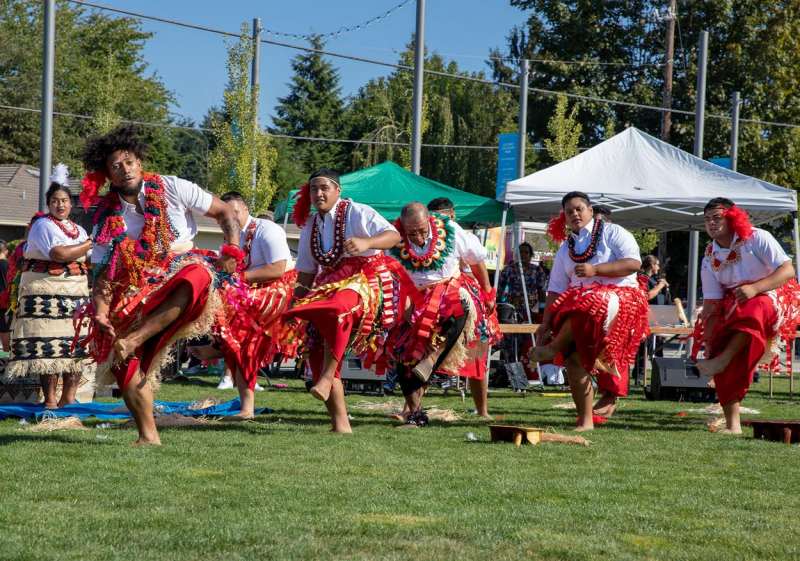
Photo: oregonmetro 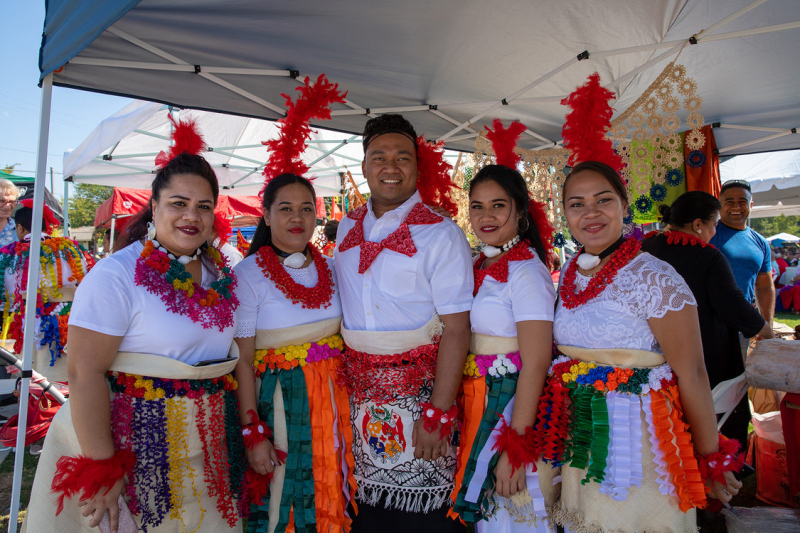
Photo: oregonmetro -
Tonga's Methodist denomination is the Free Wesleyan Church of Tonga. It is the country's largest Christian denomination and is frequently mistaken for the state church. Its origins can be traced back to the arrival of the first missionaries from the London Missionary Society, as well as the ministry of the Wesleyan Methodist Mission Society, which reinforced the Methodist identity of chevalier.
Tonga's population is almost entirely Christian, with the Wesleyan denomination being the most common. The Wesleyan Church Conference begins on July 6 and will last for one week. The church's top members gather and deliver remarks. Marching bands and other activities are common in Tonga's municipalities.
When: Around July 6 for a week
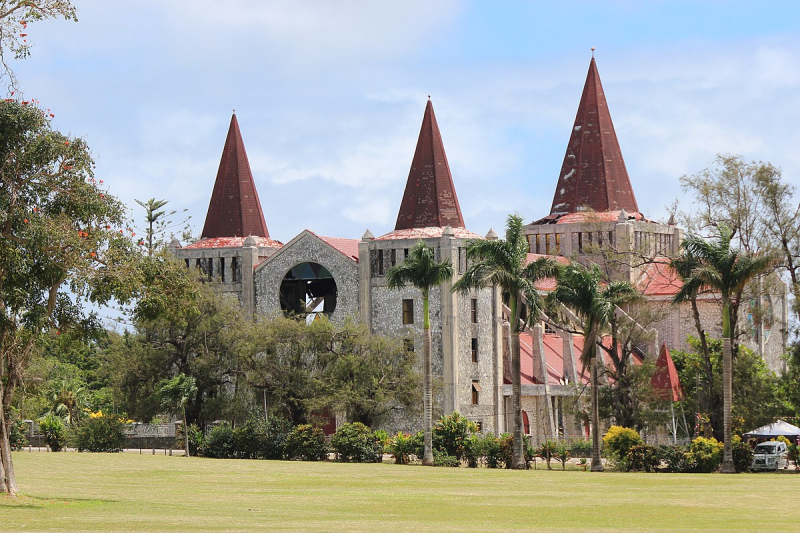
Photo: wikipedia 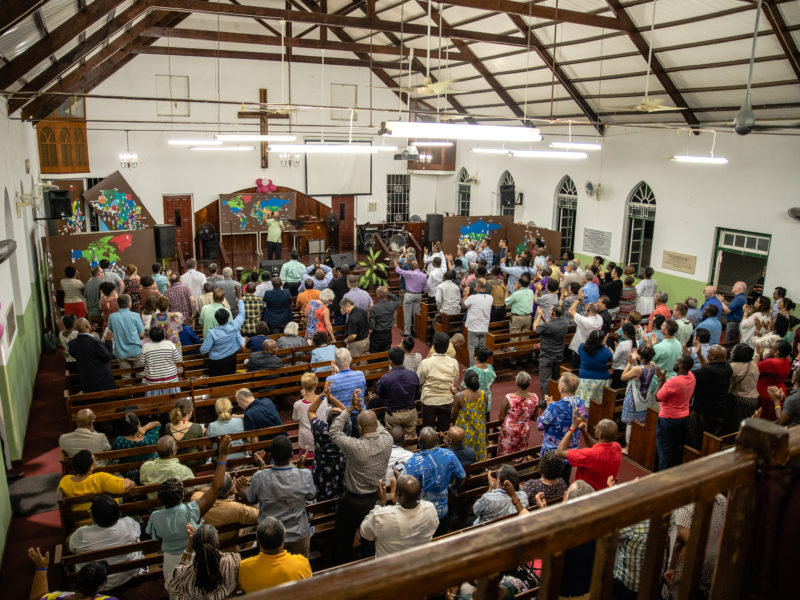
Photo: wesleyan -
The Vava'u Blue Water Festival, also known as the Regatta Festival, is one of Tonga's most popular cruise events. It was a terrific opportunity to learn more about New Zealand and meet some Kiwis from the Bay of Islands and Whangarei, thanks to the New Zealand maritime industry and the Vava'u Tourism Group. Each year, the festival begins at the end of September and lasts for a week. Yacht racing, charity auctions, displays by local schoolchildren, charity dinners, community barbecues, and something fresh and interesting each year are all part of the event.
The festival is a week-long celebration of all that is wonderful about Vava'u, as well as an opportunity to show you why Tonga's protected coral reefs and atolls, safe anchorages, and consistent marine breezes make it one of the world's best sailing destinations.
When: End of September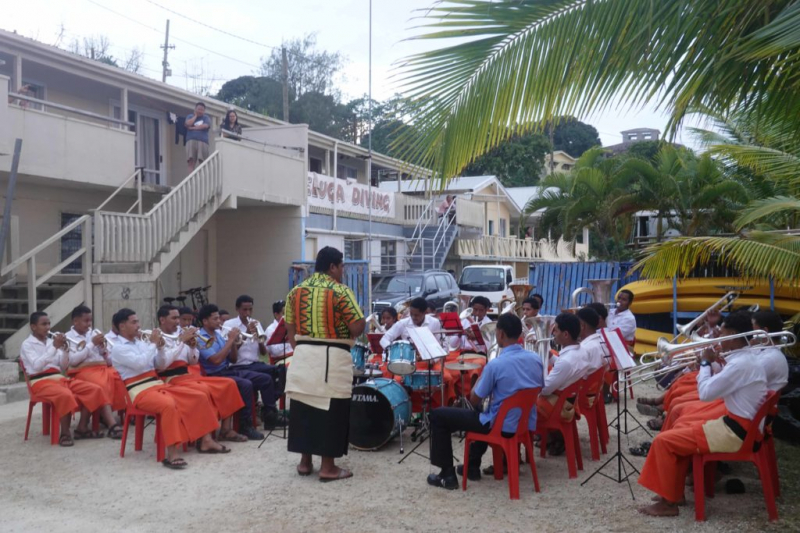
Photo: geminisunset 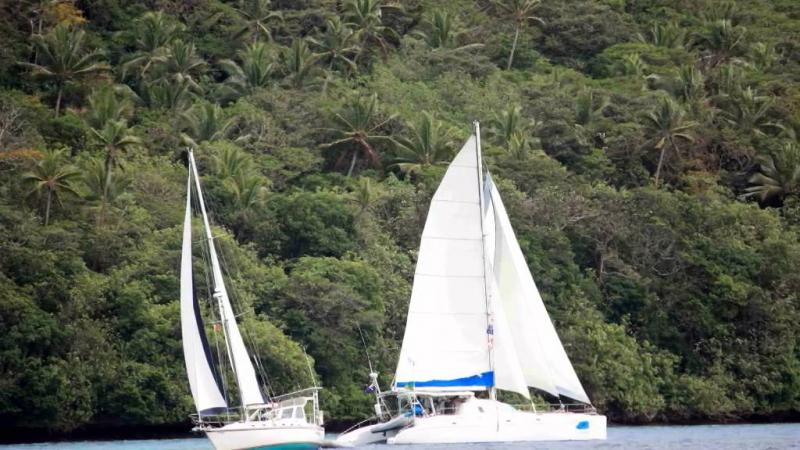
Photo: south-pacific-sailing -
Christmas is one of the most important events on the Christian calendar, and it is widely observed in Tonga. Christmas Day and Boxing Day are national holidays, and religious services are more extravagant than ever. During the week between Christmas and New Year's Day, towns hold singing competitions and families exchange food gifts.
Tonga celebrates Christmas uniquely compared to many Western countries. To begin with, Tonga is still a very religious country. The holiday revolves around church attendance.
Caroling using a variety of local instruments is a popular practice that many people appreciate. Carollers are occasionally rewarded for their efforts with gifts. However, the most common gifts are plates of delectable food, and for many Tongans, Christmas is more about food than presents.
If people have a Christmas tree at all, it's most usually a locally harvested tropical tree. The tree is frequently picked from your own backyard and decorated with bright balloons and chocolates.
Finally, one of Tonga's most distinctive Christmas customs is the lighting of coconut husks on the beach. Each island lines up dried coconut husks and lights them on fire at night, so they look like Christmas lights from a distance.
When: Christmas Day December 25 & Boxing Day December 26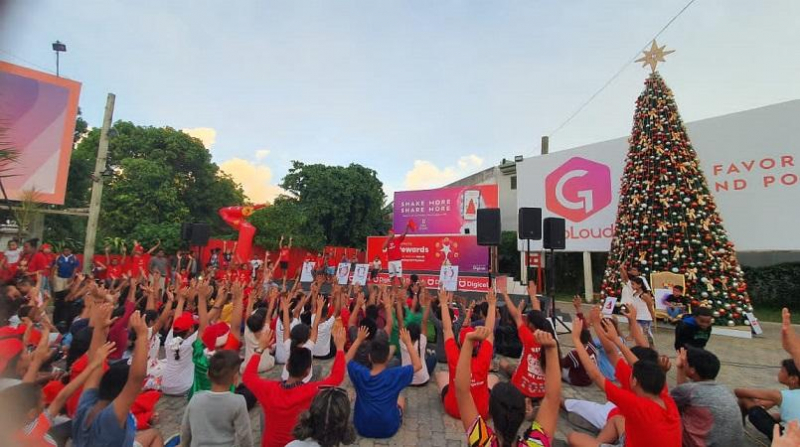
Photo: looptonga Source: Digicel Tonga youtube channel -
Like the rest of the world, Tonga celebrates New Year's Day with a public holiday on January 1st. However, the main party starts on New Year's Eve and peaks with the change of the clock from 11:59 p.m. on December 31 to midnight on January 1.
Tonga's holiday trinity of Christmas Day, Boxing Day, and New Year's Day offers structure to the end-of-year and beginning-of-year annual celebrations. Because Tonga is predominantly Christian and religious, many people will attend special church services on December 31 or January 1, or at the very least focus on the religious importance of the new year during regular services on the last Sunday of the year.
Due to the fact that over half of Tongans living abroad, primarily in the United States, Australia, or New Zealand, the Christmas-to-New-Year period is a time when some may travel home for the holidays. Because many families rely on remittances from their overseas working relatives, they can finally see each other in person rather than merely through the mail, email, and video calls. Like other countries in the world, New Year is one of the most famous festivals in Tonga.
When: New Year’s Eve December 31 & New Year’s Day January 1
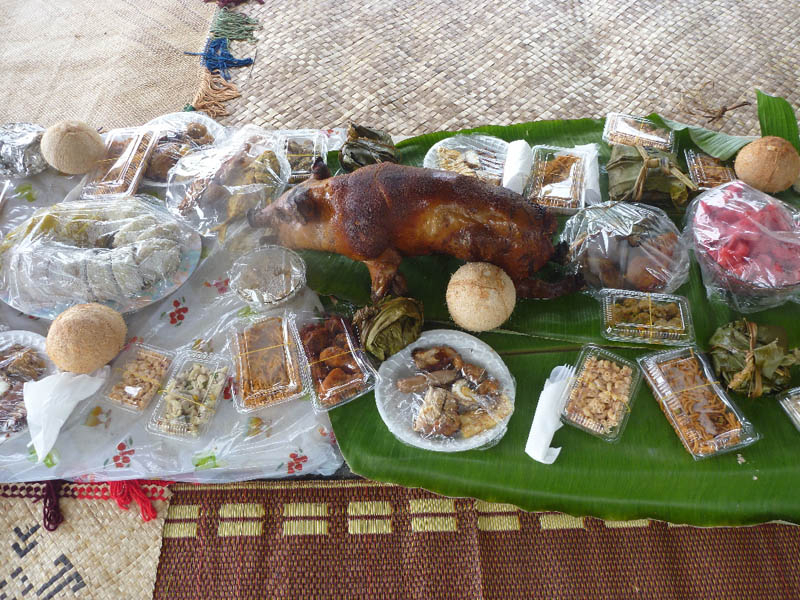
Photo: euroradialyouth2016 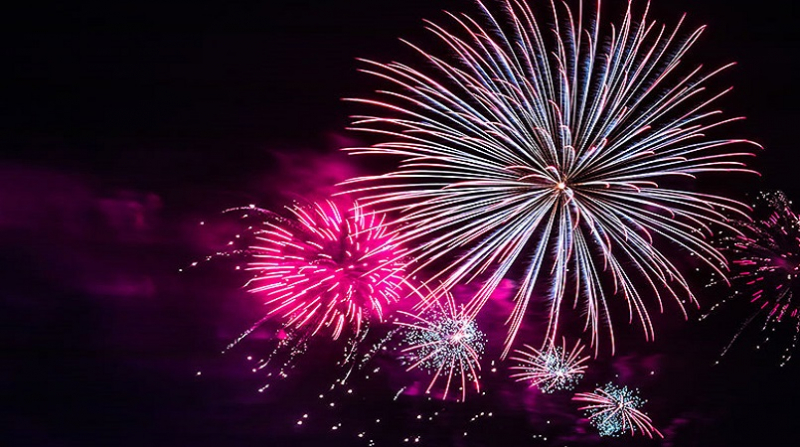
Photo: looptonga -
Tonga is a devoutly Christian country, hence Easter is widely observed. Tongans usually attend church every Sunday, so Easter is one of the most important church events of the year. Locals will sing wonderful harmonies in the church, occasionally accompanied by a brass band from a nearby high school. Visitors to Tonga are welcome to attend church services, which is a terrific way to learn about the culture.
Easter celebrations in Tonga's larger towns may include singing and dancing performances in traditional garb. This fluctuates year to year. You can inquire about forthcoming events at the local Visitor Information Centers.
Finally, Tongans will spend time with family, usually sharing large dinners or preparing an “umu” (food cooked in a traditional underground oven).
When: Changeable each year with dates between March 22 and April 25
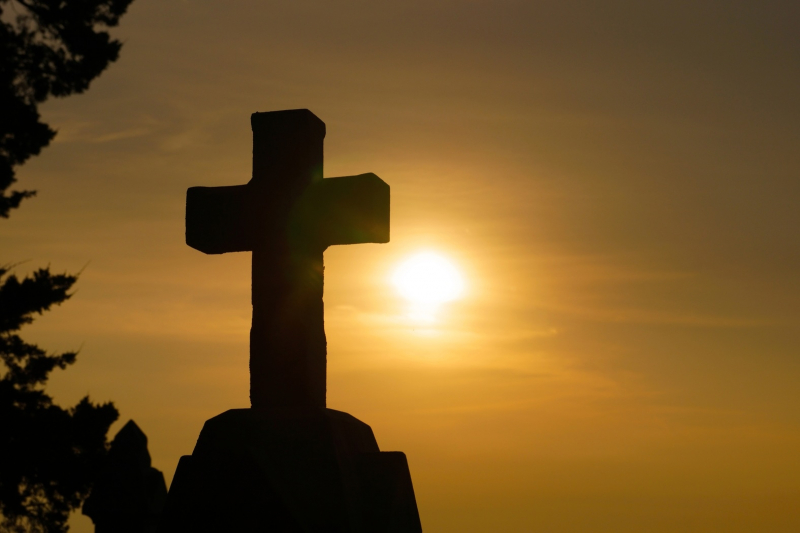
Photo: tongapocketguide 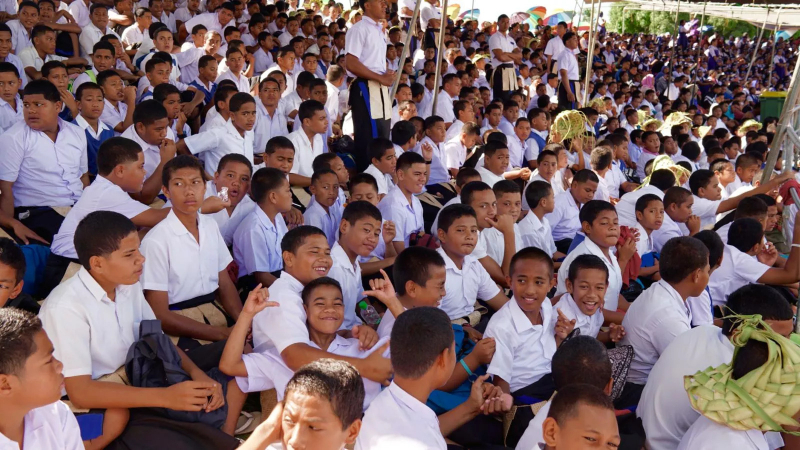
Photo: tongapocketguide -
Tonga's 176 scattered islands are home to nearly 100,000 people, however only 52 are permanently inhabited. The Dutch discovered these group of islands and its people in 1616, but it wasn't until 1900 that they were formally united as a British colony.
The other reason for the 4 June holiday, and the origin of the name "Emancipation" Day, happened before the American Revolution. The island of Vavau in present-day Tonga abolished "serfdom" on June 4, 1862. This is similar to the abolition of slavery in other parts of the world, and while it only happened on one island, it was a crucial one in the archipelago.
Emancipation Day also marks the end of the three-day Haapai Festival, which takes place between Tongatapu and Vavau on the Haapai Island Group. Haapai is a very pleasant, colorful, and exciting celebration, and Emancipation Day is a suitable conclusion to the entire event. If Emancipation Day falls on a Thursday, Friday, Saturday, or Sunday, the public holiday is observed the following Monday; if it happens on a Tuesday or Wednesday, the public holiday is observed the Monday prior.
When: June 4
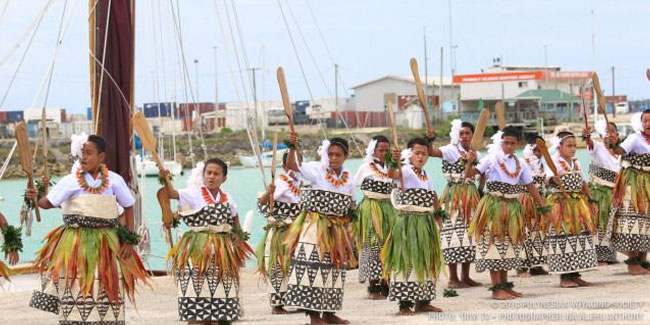
Photo: m.webplus.info 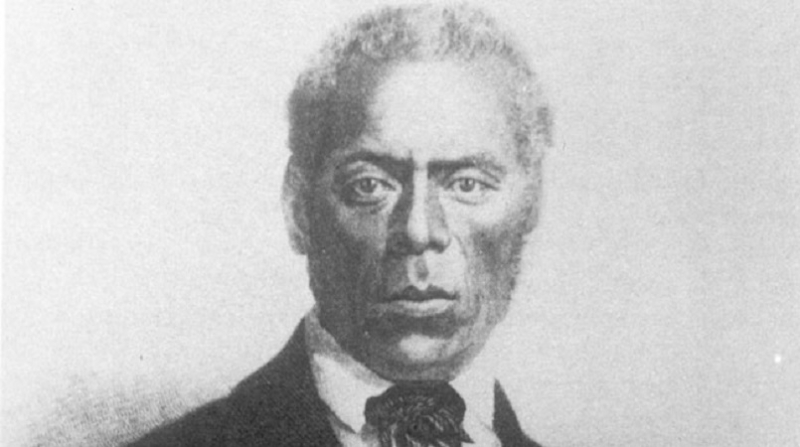
Photo: looptonga -
Around September 28, visitors will observe hundreds of women dressed in white for Faka-Sepitema. This is best defined as a Wesleyan Church "roll call," in which each female member of the church responds to their name being called out with "I am present." Unlike other formal occasions, women do not dress in their traditional attire, such as a waist mat, but instead wear all-white attire.
It was one of the most anticipated events of the year for Tongan protestant church members. Parishioners from the Free Church of Tonga came all the way down from Northland and the Bay of Plenty to celebrate Sepitema at their Favona headquarters in Mangere. A pōhiva (religious evening singing) was arranged by the church to mark the conclusion of the women's Sepitema ceremony.When: Around September 28
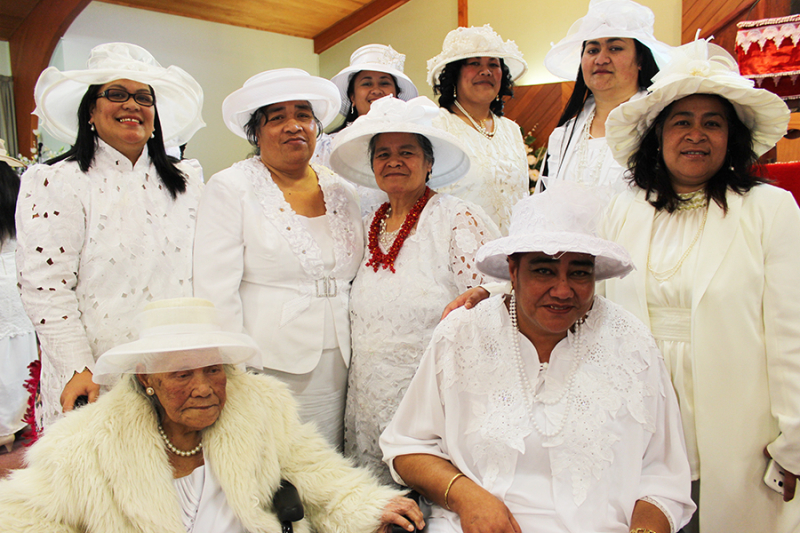
Photo: kanivatonga 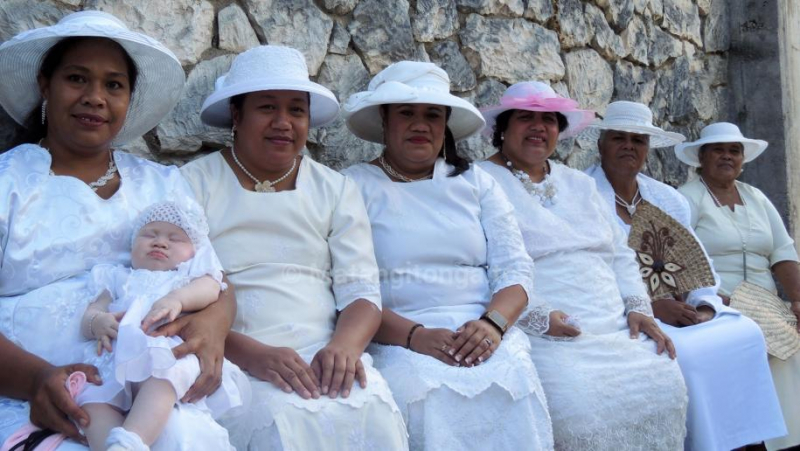
Photo: matangitonga












